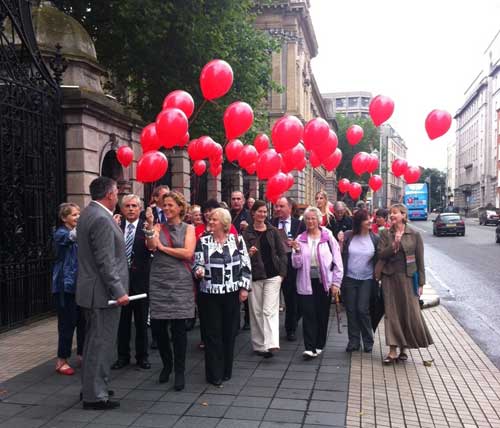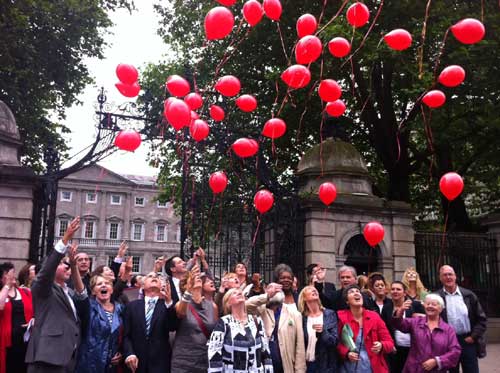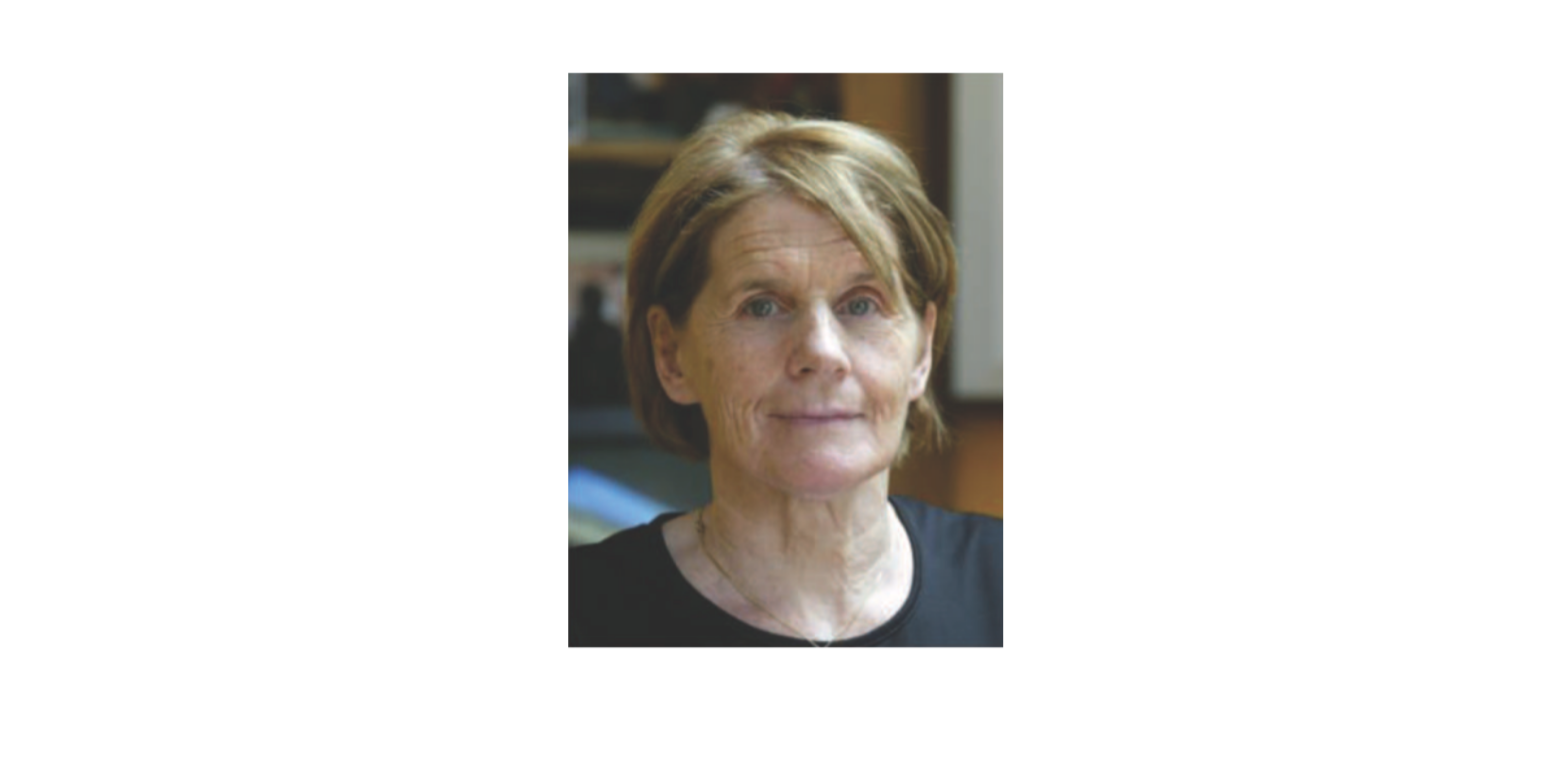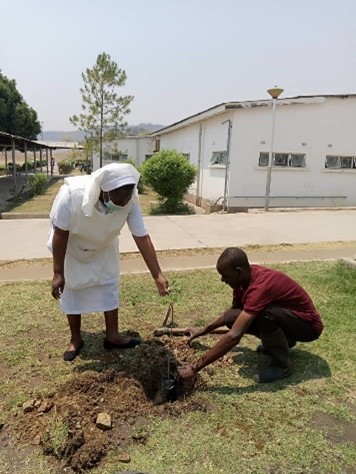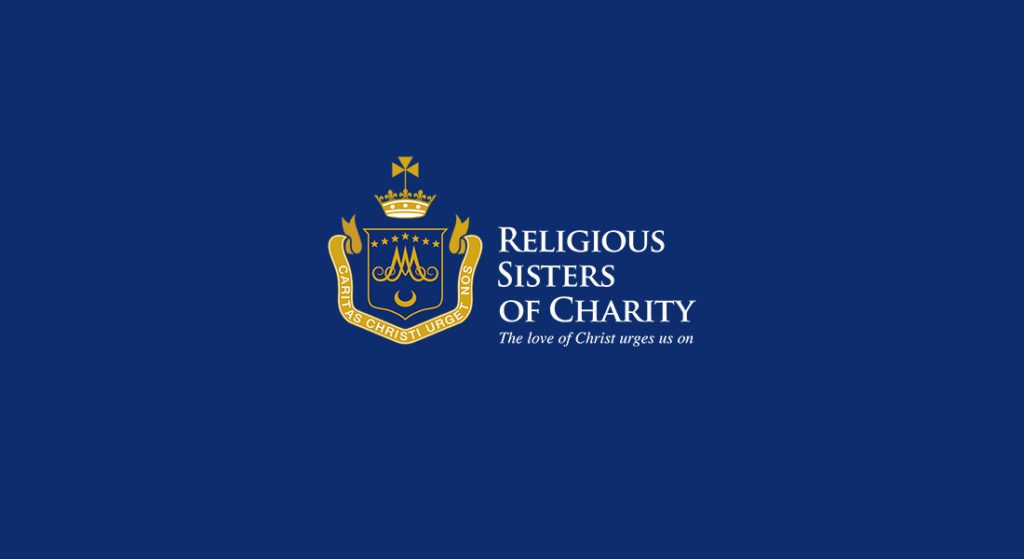
 During the month of August the Turn Off the Red Light (TORL) Campaign gathered momentum as the deadline for submissions to the Oireachtas Committee, 31st of August drew closer. The Campaign is seeking a change in the law to end exploitation and sex trafficking by making it illegal to pay for sex.
During the month of August the Turn Off the Red Light (TORL) Campaign gathered momentum as the deadline for submissions to the Oireachtas Committee, 31st of August drew closer. The Campaign is seeking a change in the law to end exploitation and sex trafficking by making it illegal to pay for sex.
In all fifty-six organisations, including the Religious Sisters of Charity, trade unions, human rights and victims organisations, representative bodies, prostitution survivors as well as frontline emergency workers all made submissions. These groups represent 1.6 million Irish people. A facebook page recorded a weekly reach of over 44,000 people while a twitter campaign was also used to encourage lobbying of TDs, Senators and Councillors.
On Friday 17th August, as part of TORL, Anna Was 14 Campaign was launched with Billboards, highlighting that girls are entering prostitution at the age of 14, rolled out across sites in Dublin, Cork, Limerick,Sligo and Waterford. These advertisements which feature a young girl ‘Anna’, seek support to end Prostitution and Sex Trafficking in Ireland. Department of Justice figures for 2011 confirm that authorities became aware of eight children trafficked into Ireland for sexual exploitation, with 15 detected in 2010.
The issue of sex trafficking was again highlighted on Friday 24th August when 56 balloons, representing the membership of TORL, were sent high into the air, ouside Dail Eireann.
TORL argues that:
- the current Irish laws have failed and have allowed the sex industry to thrive across Ireland
- 1000 women, predominantly migrants, are offered sex daily through the interent in Ireland
- evidence about children exploited through prostitution is available each year
- 90% of women in prostitution want to exit, but feel unable to do so
It recommends that the Government act by amending the 1993 Sexual Offences act to criminalise the purchase of sex and ensure those who sell sex are not criminalised and re-victimised. It believes that following the Swedish model and introducing legislation to criminalise demand will act as a deterrent for people who buy sex. It also recommends that the change in legislation would be complimented by enhanced and sustained support services for people in prostitution who wish to exit.
